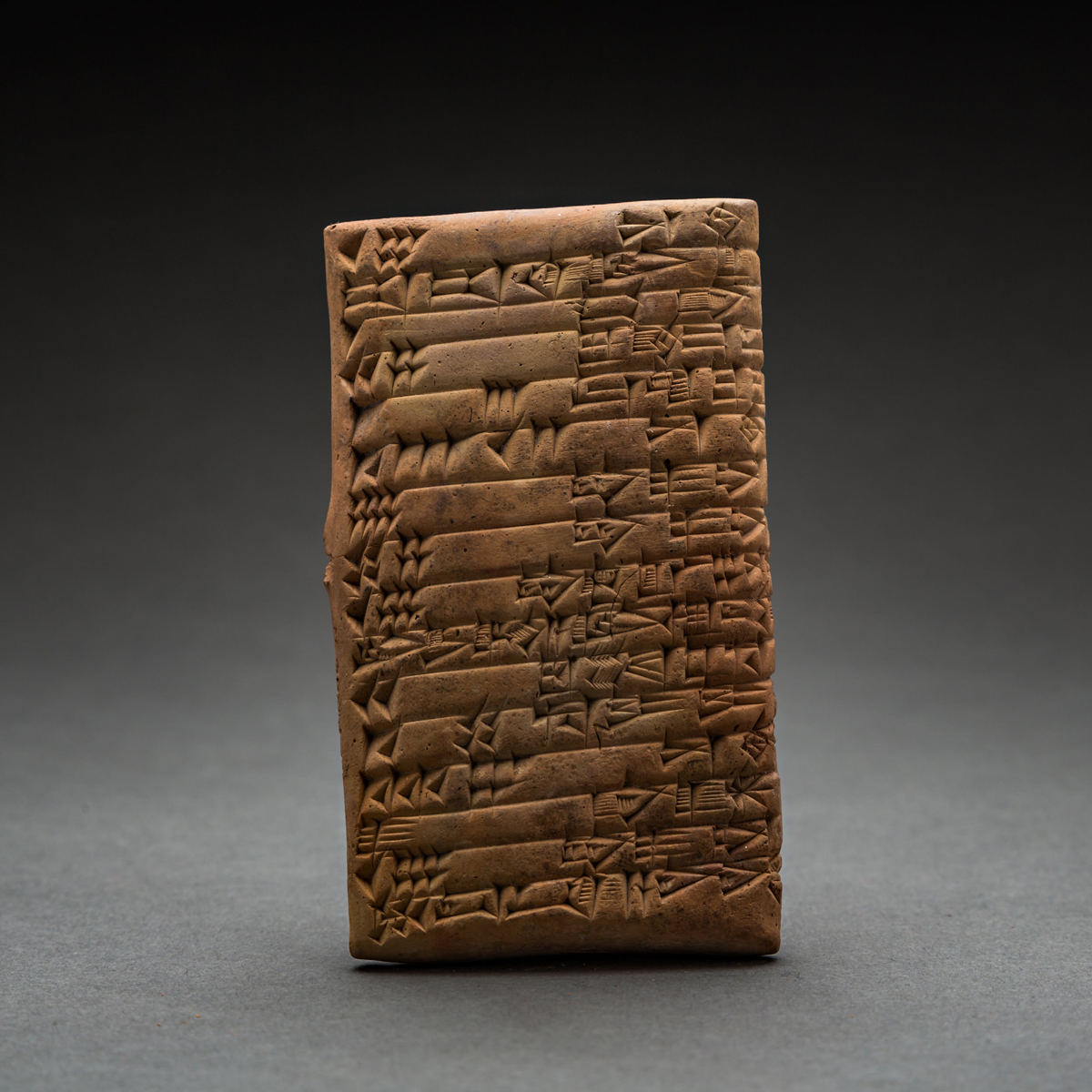Before You Read
- Put on some music.
- Ask yourself, “What is the most difficult thing I have ever learned?”
First Words
I hope you get the pun in the title as the hardest thing you will ever learn is something you learned as a child.
I know you have already learned it, because you are reading this. Yep, it’s reading.
Language itself is natural to us. There is a whole bunch of brain circuitry that has evolved over millions of years that is devoted to language. You are born with it. It goes to work all by itself. We learn to associate sounds with the objects around us; mum, dad, granny, and so on.


As you can see from the diagram of the brain, there is a big chunk of the brain that is for language. That bit is in your head from before you are born. It is innate. In many ways it is just the same as the ability to stand on two legs and walk are built-in skills.
My first child learned that the little whirlpool you get in the bath when you pull the plug out is a “vortex”. I just pointed and said vortex at the end of each bath time. Her language processing centre did the rest without her even having to try.
Reading, on the other hand, is not evolutionary. We invented it about 5,000 years ago. I suppose some of you are saying we didn’t invent reading, it was writing that we invented. True. But I like to argue that whoever invented writing was inventing reading too. Otherwise, that person would have no clue what the marks on the clay tablet meant.


How do we Learn this Hardest Thing?
We have no circuitry in our brain for reading. Zilch. Nada. We actually have to change our brains in order to read and that isn’t something that happens over night. It requires effort over a long period of time. Fortunately, our brains are learning machines. If we turn our minds to a task and stick with it, the learning parts of the brain go to work to convert what is difficult into second-nature.
If you keep practicing reading, then it becomes impossible not to read when you see words. The meaning of words just pop into your head. If you don’t believe me, then just try out this classic experiment called the Stroop test.
It really is an eye-opener when you do the test. You are trying to force yourself to say the colour you see but your brain is getting there before you. I know, that sounds confusing as, unless you adhere to the theory of substance dualism, the you I have mentioned is also in your brain.
However, the “you” is the conscious thinking part of your brain. The bit that you have control over and use to deliberately analyse the world around you. This thinking bit is mainly in the frontal lobes.
Thinking though takes time. Imagine, every time you put your hand on a hot stove, that you had to think “Maybe I should take my hand off this before it burns down to the bone?” No, your nervous system reacts and pulls your hand away without thinking.
Something similar happens when you learn something to the point where it is second-nature. You don’t get a chance to go through that slow thinking and analysing process. The unthinking part of your brain takes the information and produces an immediate thought.
That brings me back to something I said earlier “impossible not to read.” You might think I am being pedantic here, but it is an important point that underlines what is going on. To, implies that you are actively doing something. Reading is not something you “do”, it is something that “happens.”
What Does Your Mastery Over this Hardest Thing Tell You About You?
I feel a list coming on. Oh, here it is:
- You can learn really difficult stuff if you try.
- That difficult stuff will rewire your brain if you keep practicing.
- The stuff you master becomes second-nature.
Now that’s not to say that learning stuff is easy. Some things are easy to learn and other things require more effort. To master calculus takes years, yet the most basic process in calculus can be learned in under a minute. It takes two steps. You move a number and you subtract one from a number. OK, that’s you learned about 90% of that process. The other 10% is seeing what numbers you do this with. I’ll show you that another day.
Hopefully, this article reinforces an attitude in you that learning is not about ability. It is about effort. The more you do something, the more your brain makes it part of itself.
Keep practicing!
Related articles:

